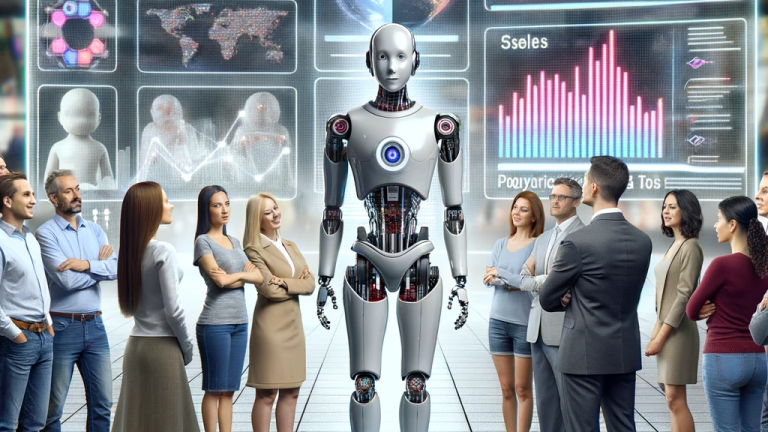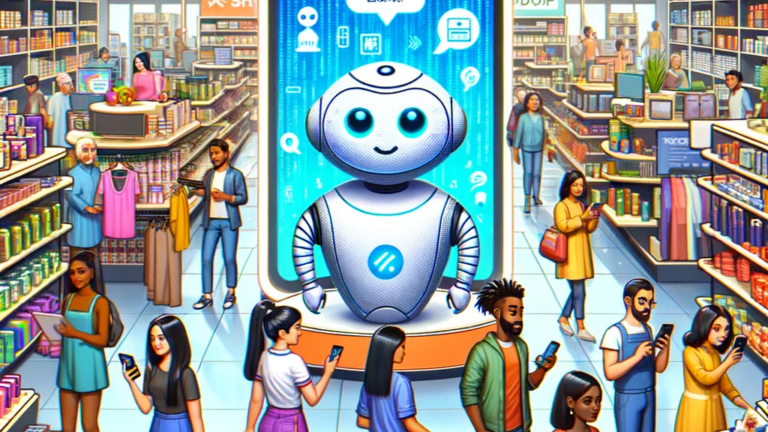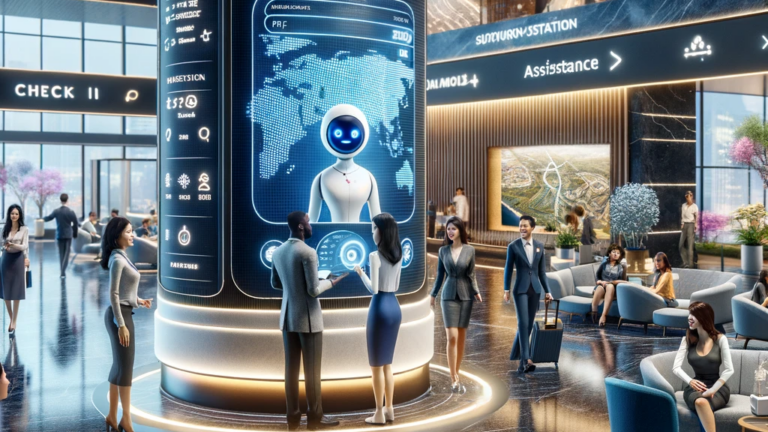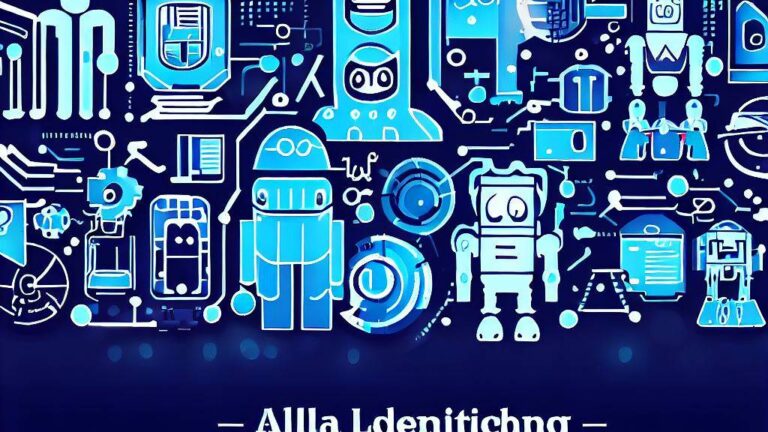Category: Chatbots
-

Bridging Worlds: Enhancing WordPress with the AI Powered Chatbot for WordPress Plugin – A Developer’s Journey
A user in Brazil had issues with the AI Powered Chatbot for WordPress plugin, specifically text formatting and an API error. The problem was resolved by removing bold HTML tags, and the user learned they exceeded their API quota. The support exchange highlighted the plugin’s role as middleware and the value of user feedback for…
-

Charting the Future: The Evolution of Chatbots for WordPress Platforms
The AI Powered Chatbot for WordPress plugin leverages OpenAI’s LLM technology to create human-like interactions, differing from traditional live chat. Recent enhancements include unlimited GPT Assistants, faster response times, conversation logging, and upcoming file upload capabilities for Q1 2024.
-

The Journey of AI Powered Chatbot for WordPress: From Launch to 700+ Installs
The AI Powered Chatbot for WordPress has over 700 active installs in 10.5 months since its launch. Initial growth was slow, but community feedback helped improve the plugin. The chatbot enhances user experience on WordPress sites by providing 24/7 assistance. The developer remains optimistic about reaching 1,000 installs by April 2024.
-

AI Engagement: My Journey with AI Powered Chatbot for WordPress
Developed a WordPress plugin, Chatbot ChatGPT, enhancing visitor engagement with AI. This project is a meaningful focus for my upcoming retirement, allowing me to support others and innovate in a previously underserved market. Excited for the journey ahead!
-

The Paradox of Hyper-Personalized Selling: A Dance of Data and Dilemma
Sales has evolved from intuition and personal connections to data-driven hyper-personalization, raising ethical concerns about privacy and surveillance. While technology, including AI and sales bots, enhances personalization, it risks crossing boundaries and losing the human touch essential for effective selling. The future of sales lies in balancing technological advancements with ethical responsibilities, emphasizing empathy and…
-

Use Case: Chatbots in Retail
Chatbots are transforming retail by enhancing customer service, personalizing shopping experiences, streamlining transactions, and managing inventory. They provide assistance, handle purchases, and offer real-time stock updates. Challenges include ensuring accuracy and integration with existing systems. Future advancements in AI will further improve their capabilities, making them essential for engaging digital consumers.
-

Use Case: Chatbots in Education
Chatbots in education streamline administrative tasks, provide 24/7 personalized support, enhance learning experiences, and integrate with educational tools. Challenges include engagement and query handling. As AI advances, chatbots will improve in understanding and emotional support, transforming education through instant assistance and efficient workflows.
-

Use Case: Chatbots in Hospitality & Travel
Chatbots are transforming the hospitality and travel industry by enhancing customer service, providing 24/7 support, personalizing guest experiences, and integrating with operational systems. They streamline processes like bookings and check-ins, but face challenges in maintaining human interaction and handling complex issues. Future advancements may include voice and facial recognition for more interactive, contactless services. Overall…
-

Understanding Chatbots: Revolutionizing Digital Interactions
Chatbots are software applications designed to simulate human conversation, enhancing customer interactions across various sectors like support, e-commerce, healthcare, banking, entertainment, and education. They range from rule-based systems to advanced AI-powered models that learn and adapt. Their effectiveness is measured by their ability to handle complex inquiries and maintain engaging dialogue, marking a shift in…
-

From ELIZA to GPT-4 – How Chatbots are Revolutionizing the Way We Live
Chatbots have evolved from ELIZA in the 1960s to advanced AI models like GPT-3 and GPT-4, transforming communication and industries such as healthcare, finance, and real estate. Initially simple, chatbots now offer personalized, context-aware interactions and are integral to customer service. The future holds limitless potential for further integration and innovation in various sectors.
